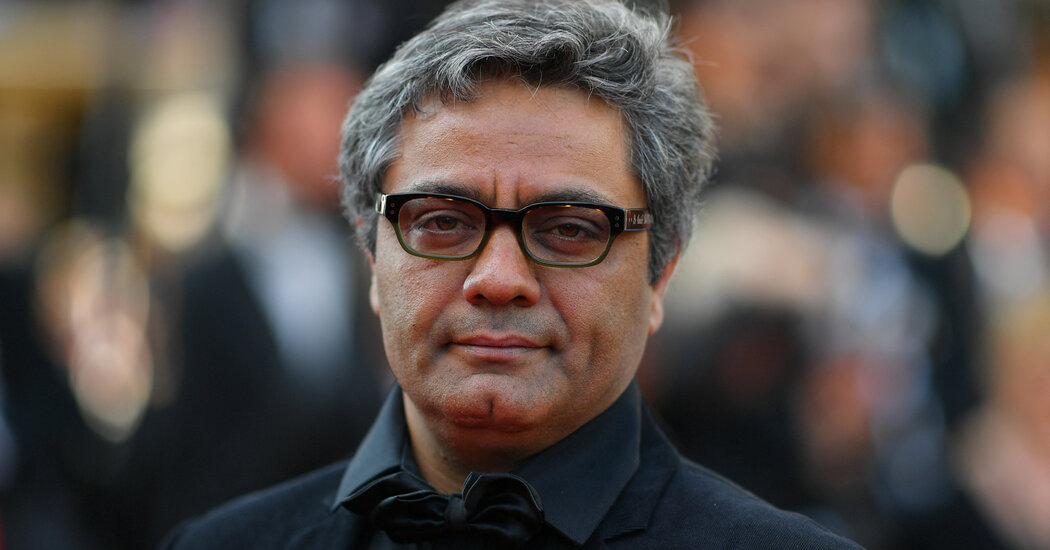Renowned Iranian director Mohammad Rasoulof said he fled the country for Europe after a court sentenced him to eight years in prison for his films.
Mr Rasoulof – known for his award-winning film “There Is No Evil” – was barred from leaving Iran in 2017 after his work criticized the country's authoritarian government. His lawyer, Babak Paknia, wrote last week on social media that an Iranian court had sentenced Mr Rasoulof to imprisonment, flogging and a fine for films he called “examples of collusion with the intention to commit a crime against the security of the country.”
On Monday, Rasoulof announced his escape from Iran in an Instagram post that contained a video of snow-capped mountains and said he had reached a “safe place.” In a separate statement he said he had arrived in Europe “after a long and complicated journey”.
“I had to choose between prison and leaving Iran,” he said in the statement, shared by his spokeswoman, Claudia Tomassini. “With a heavy heart, I chose exile.”
Mr. Rasoulof said he strongly opposed the “recent unjust ruling” that had prompted him to flee, but that the Iranian judiciary had issued “so many cruel and strange decisions” that he did not feel it was his duty to complain about his behavior. phrase.
“The scale and intensity of the repression have reached a point of such brutality that people expect news of another heinous government crime every day,” he added.
He did not provide further details on his position or respond to a message from The New York Times.
“Not Bad” – which focuses on executioners in Iran – won the top prize at the Berlin International Film Festival in 2020. Mr Rasoulof, who had directed the film in secret, was not allowed to leave the country for attend that award ceremony.
Iran's film industry is praised internationally and is heavily policed at home, where authorities can ban screenings and filming.
Rasoulof's new film, “The Seed of the Sacred Fig,” will premiere at the Cannes Film Festival in France this month. Ms. Tomassini, his spokeswoman, said Tuesday that it was unclear whether she would attend the festival.
Some of the film's producers were questioned by the authorities and some actors were barred from leaving the country, Mr. Paknia said. said in social media posts last month.
Rasoulof told the New York Times in 2020 that early in his career he had used allegorical stories to avoid directly confronting power, but ultimately felt it was “a form of acceptance of the tyrannical regime.”
He has continued to offer harsh criticism of Iran's clerical rulers with his films, including “Manuscripts Don't Burn” and “A Man of Integrity” — which won an award at Cannes in 2017.
Over the years, Iranian authorities had accused him of propaganda against the state, confiscated his passport, arrested him and tried him.
Rasoulof addressed Iran's rulers in the Instagram post announcing his escape, saying he had been forced to leave due to “your oppression and barbarism” but that he had now joined the ranks of Iranians in exile “impatiently waiting to bury you and your car.” of oppression in the depths of history.”
Leily Nikounazar contributed a report from Brussels.





